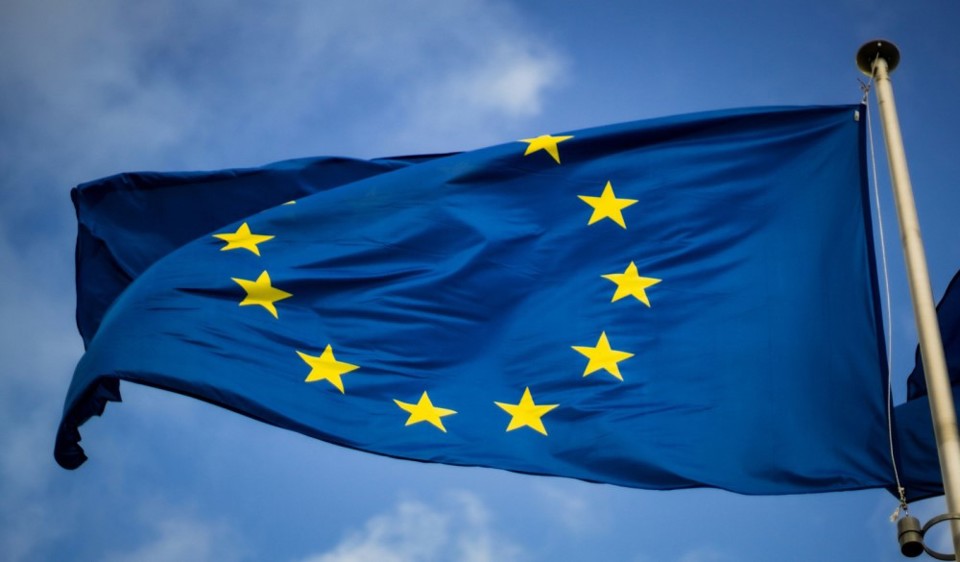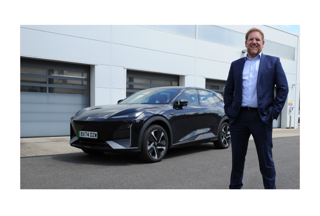The European Union is poised to vote on October 4 on whether to impose tariffs of up to 45% on electric vehicles (EV) imported from China, according to Bloomberg.
A draft of the proposed regulation has already been circulated to member states, though the vote was briefly delayed for last-minute negotiations with Beijing aimed at averting the tariffs.
 Talks between the EU and China are expected to continue even if the tariffs are approved, Bloomberg reported which added that it understood that the final vote date could still be subject to change.
Talks between the EU and China are expected to continue even if the tariffs are approved, Bloomberg reported which added that it understood that the final vote date could still be subject to change.
The European Union is poised to vote on October 4 on whether to impose tariffs of up to 45% on electric vehicles (EV) imported from China, according to Bloomberg.
A draft of the proposed regulation has already been circulated to member states, though the vote was briefly delayed for last-minute negotiations with Beijing aimed at averting the tariffs.
 Talks between the EU and China are expected to continue even if the tariffs are approved, Bloomberg reported which added that it understood that the final vote date could still be subject to change.
Talks between the EU and China are expected to continue even if the tariffs are approved, Bloomberg reported which added that it understood that the final vote date could still be subject to change.
The proposed tariffs follow an investigation by the European Commission, the EU's executive body, which concluded that China unfairly subsidises its EV industry, putting European manufacturers at a disadvantage.
In response, China has denied any wrongdoing and has threatened retaliatory tariffs on European goods, including dairy, brandy, pork, and large-engine vehicles.
If approved, the new additional duties - ranging as high as 35% - would take effect in November and last for five years, unless a qualified majority of 15 member states, representing 65% of the EU's population, votes against the measure. The new tariffs would be in addition to the existing 10% rate.
Several member states, including Germany and Spain, have voiced concerns over the tariffs, warning they could spark a trade war with China, Europe’s second-largest trading partner. Last year, the two economies conducted €739 billion ($825 billion) in trade.
While some European officials are confident they have enough support to pass the measure, others are cautious, particularly after Spain's Prime Minister Pedro Sanchez expressed opposition to the tariffs, and Germany continued pushing for a diplomatic solution.
The EU and China are still discussing alternatives, such as a mechanism to regulate prices and export volumes as a compromise to avoid tariffs.
However, the EU has thus far rejected proposals from Beijing, insisting that any deal must comply with World Trade Organization rules, address the effects of China's subsidies, and include measures the EU can monitor for enforcement.
Login to continue reading
Or register with AM-online to keep up to date with the latest UK automotive retail industry news and insight.



















Login to comment
Comments
No comments have been made yet.